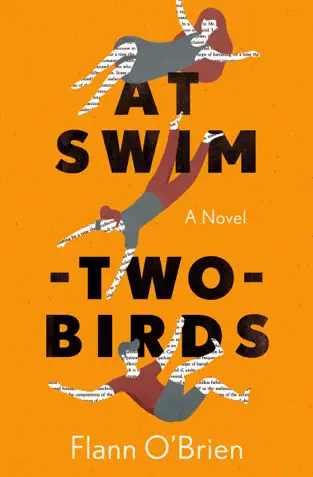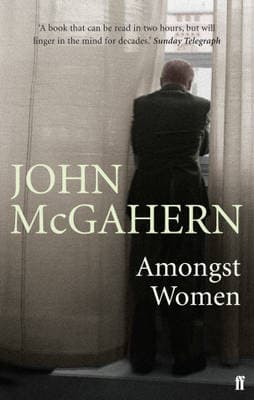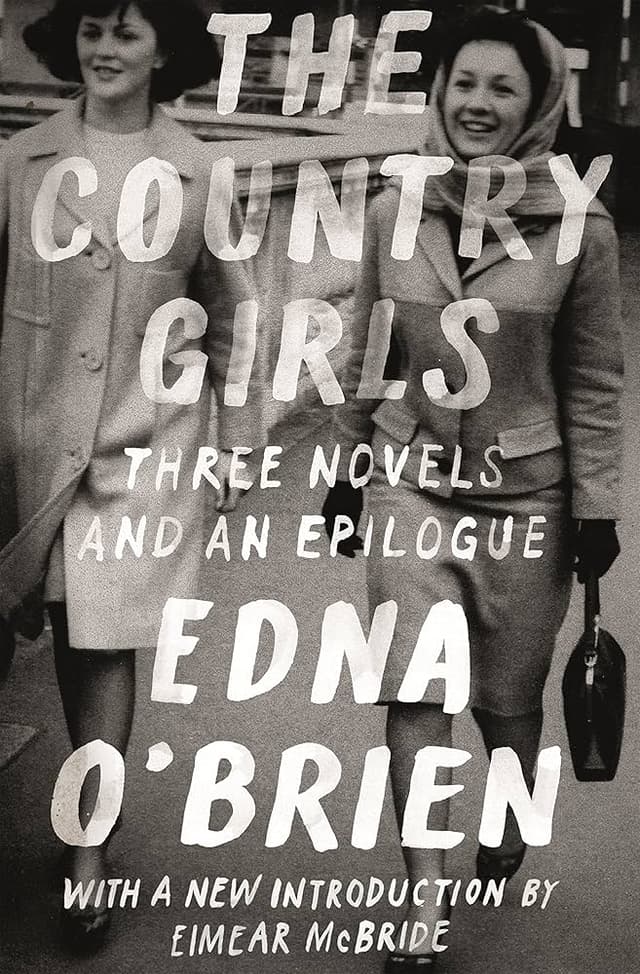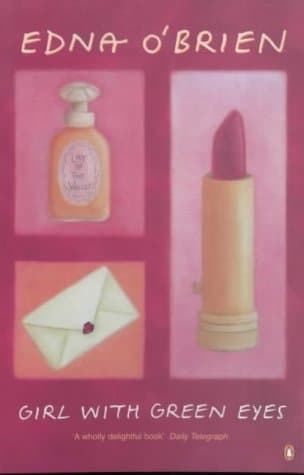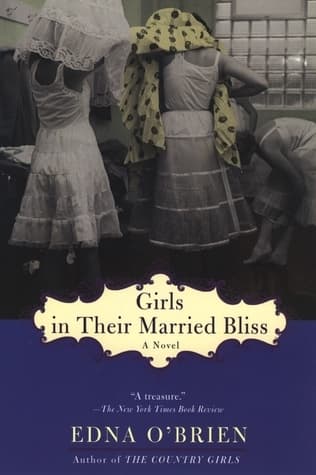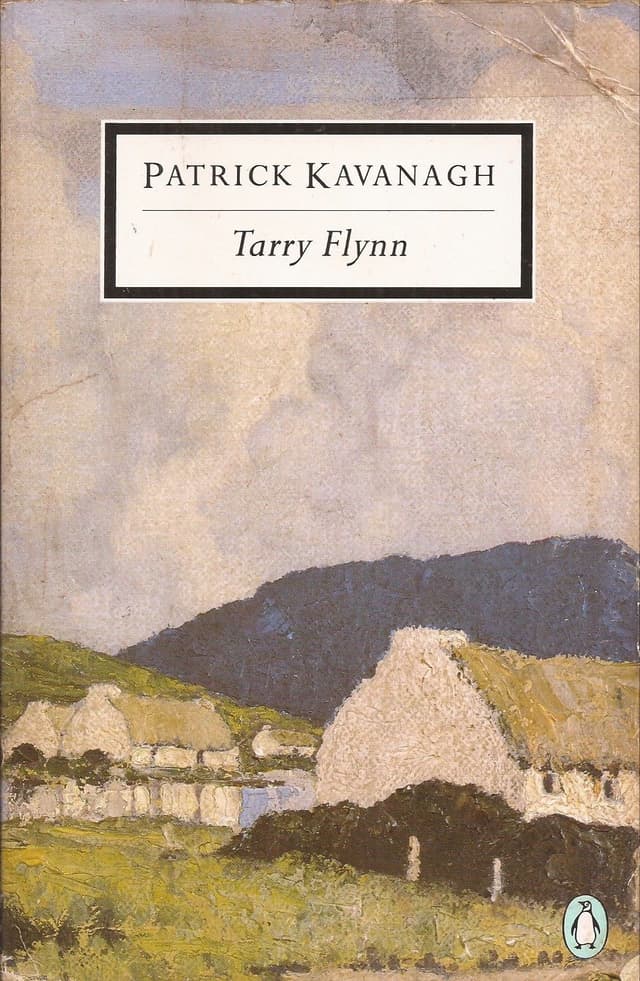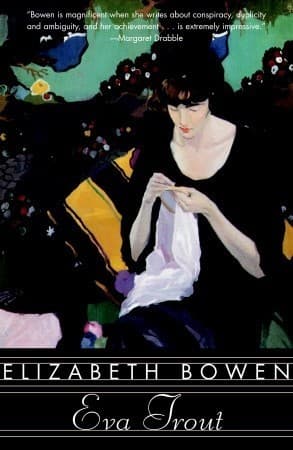Laynta participates in the Amazon Services LLC Associates Program, an affiliate advertising initiative that allows us to earn fees by linking to Amazon.com.
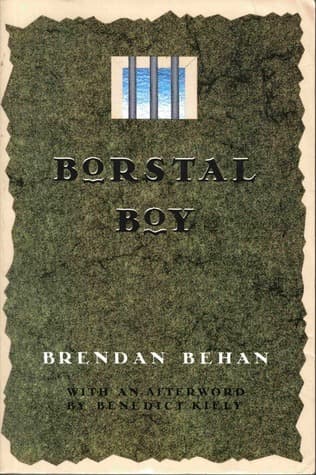
The Borstal Boy
Borstal Boy is a remarkable autobiographical work by Irish author Brendan Behan, first published in 1958. The book recounts Behan's experiences as a young man when he was incarcerated in a borstal (a British reform school) for his activities with the Irish Republican Army (IRA). Arrested at the age of sixteen for possession of explosives, Behan's narrative provides a vivid and candid account of his life in the English borstal system.
The book is notable for its honest and often humorous portrayal of Behan's coming-of-age amidst the rough-and-tumble environment of the borstal. Through his interactions with fellow inmates and wardens, Behan navigates a world marked by harsh realities, yet finds moments of camaraderie and even kinship. His narrative is infused with the youthful idealism and rebellious spirit that characterized his early involvement in the Irish nationalist cause.
Borstal Boy is celebrated for its lively prose, wit, and Behan's ability to depict a world of gritty realism with empathy and humor. The work offers an insightful glimpse into the socio-political climate of the time, reflecting on themes of nationalism, identity, and the loss of innocence. Behan's transformation from a fervent young nationalist to a more reflective, albeit still impassioned, individual is a key focus of the book.
If I was willing to serve Mass, it was in memory of my ancestors standing around a rock, in a lonely glen, for fear of the landlords and their yeomen, or sneaking through a back-lane in Dublin, and giving the pass-word, to hear Mass in a slum public-house, when a priest’s head was worth five pounds and an Irish Catholic had no existence in law.

